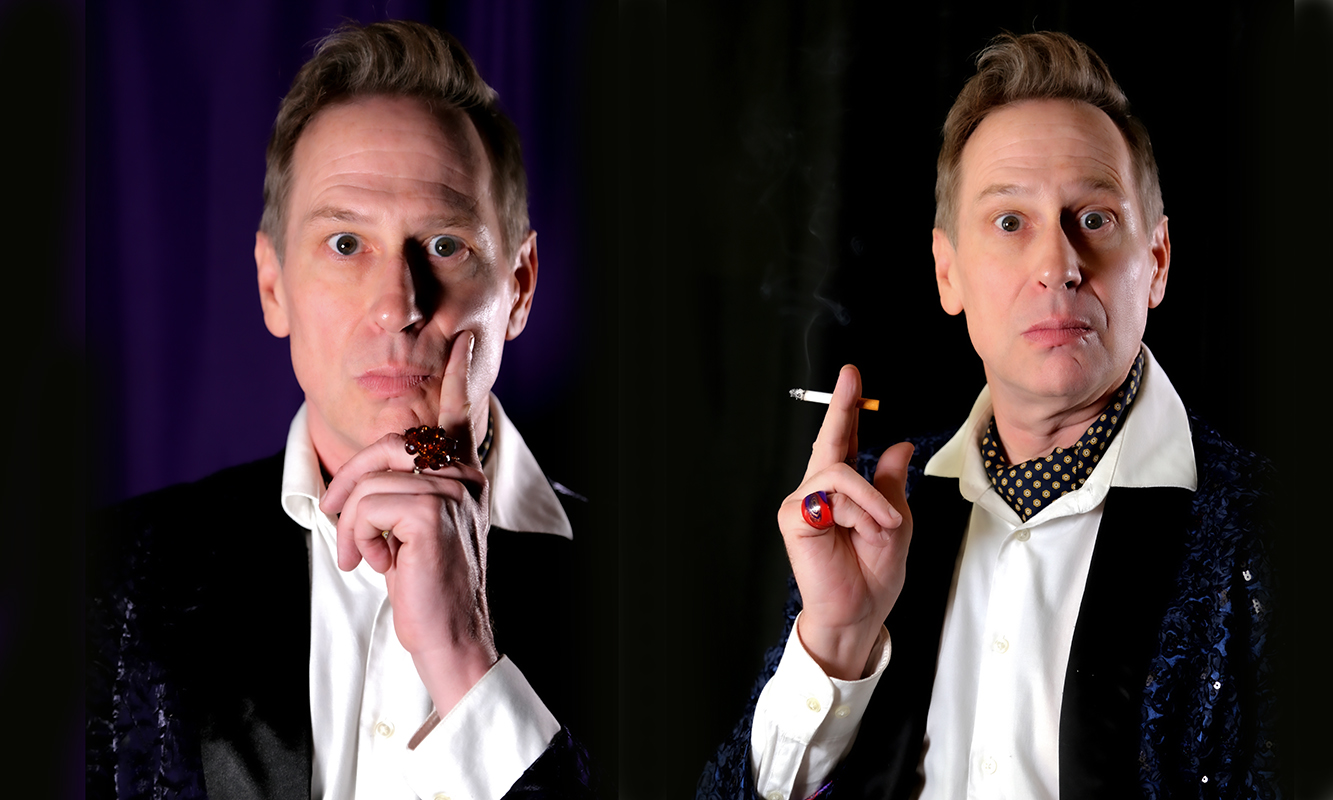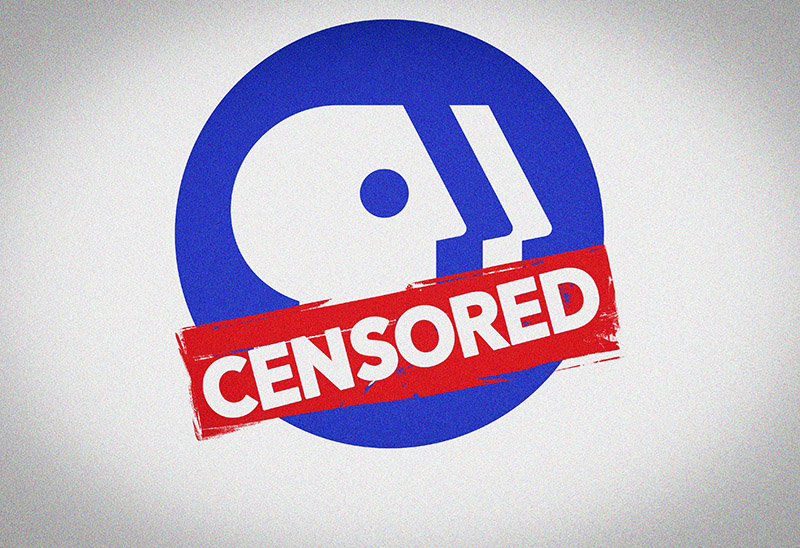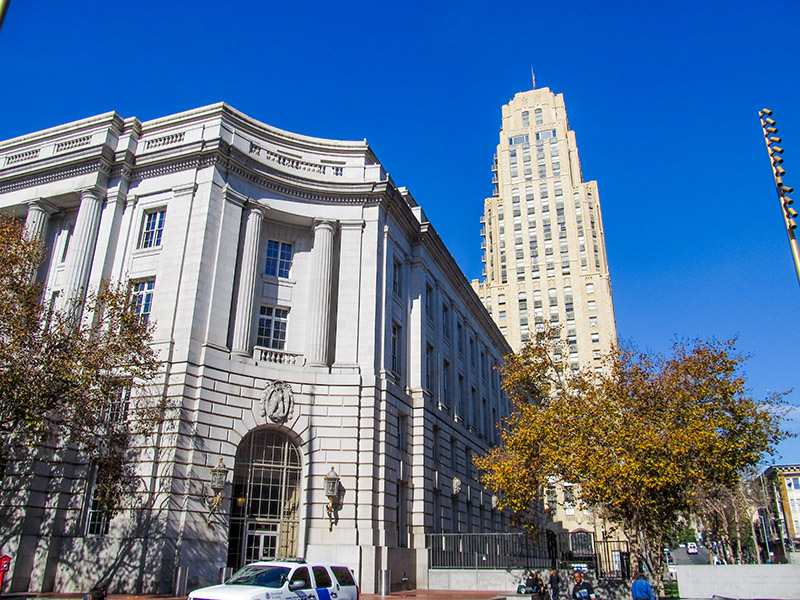School Board Votes Against Censoring “Don’t Say Gay” Yearbook Photos
School board overturns superintendent's decision to cover up photos of walkout protesting Florida law censoring LGBTQ content.

A Florida school board has overruled a superintendent’s executive decision and sided with students at a local high school, voting not to censor yearbook photos of a student-led protest against the state’s “Parental Rights in Education” law, more commonly known as the “Don’t Say Gay” law.
The controversy arose after district officials balked at the inclusion of photos of the student-led protests in the yearbook of Lyman High School, located in the Orlando suburb of Longwood. School administrators had argued that the photos should not be shown in the yearbook because the protests were not a school-sanctioned event, and that the inclusion of those photos could offend some people — namely supporters of the Republican-approved law.
Lyman High Principal Michael Hunter issued a statement earlier in the week expressing concerns over the “pictures and descriptions” of the student-led protest, and apologized that they had not been censored or removed “earlier in the review process.”
However, due to the cost of reprinting approximately 600 yearbooks — which would have cost up to $45,000, according to one estimate — district officials decided that the photos and descriptions would be covered up by stickers, and that yearbooks wouldn’t be distributed to students until all 600 yearbooks had the photos of the demonstration covered up.
That plan sparked outcry from students and parents who alleged the district was trying to censor unpopular speech, and demanded that the school and district reverse their decision. Students also took to social media to criticize school and district officials, creating a hashtag #stopthestickers to draw attention to their cause.
At a Seminole County School Board meeting earlier this week, more than 30 students, parents and teachers spoke out in opposition to the district’s plan.The board subsequently voted 5-0 to order smaller stickers explaining that the protest was not school-sanctioned, which would be placed in the yearbook but would not cover up the photos or descriptions.
“I would be happy out of my own personal pocket to pay for different stickers to say this was not a school-sponsored event,” Board Chair Amy Pennock said as the audience in attendance at the meeting applauded, reports NBC News.
The controversy over the attempted censorship comes as Gov. Ron DeSantis, eager to grow his national profile as he potentially pursues the presidency in 2024, signed the so-called “parental rights” bill into law. The bill bans classroom instruction on sexual orientation and gender identity “in kindergarten through grade 3, or in a manner that is not age appropriate or developmentally appropriate.”
The law is set to go into effect on July 1, but a number of high school-age students across the state have alleged that administrators and teachers — wary of being sued by litigious or oversensitive parents who want any and all LGBTQ-related content to be censored — are preemptively taking measures to discipline or reprimand students who bring up LGBTQ topics, even though the bill’s original sponsors claimed, at the time the bill was passed, that fears of such censorship were unfounded.
For example, Zander Moricz, an 18-year-old senior in Osprey, Florida, who is one of several plaintiffs suing to block the law from being enforced, claims his teachers have suddenly stopped acknowledging his identity and will censor any discussions of LGBTQ content. More recently, Moricz, who as senior class president is slated to speak at graduation, says school officials are threatening to cut off his microphone and halt the graduation ceremony if he mentions being gay or references any of his LGBTQ activism.
Another example is that of Will Larkins, a 17-year-old junior from Winter Park, Florida, who was investigated and forcibly transferred to another history class after a video of him giving a presentation on the Stonewall Uprising while wearing a red cocktail dress went viral. Although Larkins told Metro Weekly in an interview that he would have worn the red dress anyway — as he routinely wears gender-nonconforming clothing in school — and that his teacher had approved of him giving the presentation, school officials expressed concerns over the lesson and whether it may have violated that kind of discussions prohibited under the “Don’t Say Gay” law.
Just like with the incidents involving Moricz and Larkins, the controversy over Lyman High’s yearbooks became international news, which Seminole County School Board Vice-Chair Abby Sanchez noted in her remarks, calling the attempt to censor the yearbook “ridiculous.”
Superintendent Serita Beamon tried to justify her initial decision to cover up the yearbook photos, refusing to concede that covering up the photos would violate the First Amendment. In fact, she argued her decision was consistent with school board policy authorizing prior restraint of school-sponsored publications.
“I want to be clear to each and every student that this was not about the Lyman High School administration looking to try and target any student, to try and silence any voice,” Beamon said. “There is some speech that is prohibited. And that includes speech that is likely to cause substantial disruption or that materially interferes with school activities or the educational process.”
Yearbook faculty advisor Danielle Pomeranz argued that her students were doing their job by documenting an event that happened on campus, regardless of whether it was school-sponsored. She also assured the school board that the smaller stickers could be ordered and added to the yearbooks, which could then be distributed to students in the coming week.
Support Metro Weekly’s Journalism
These are challenging times for news organizations. And yet it’s crucial we stay active and provide vital resources and information to both our local readers and the world. So won’t you please take a moment and consider supporting Metro Weekly with a membership? For as little as $5 a month, you can help ensure Metro Weekly magazine and MetroWeekly.com remain free, viable resources as we provide the best, most diverse, culturally-resonant LGBTQ coverage in both the D.C. region and around the world. Memberships come with exclusive perks and discounts, your own personal digital delivery of each week’s magazine (and an archive), access to our Member's Lounge when it launches this fall, and exclusive members-only items like Metro Weekly Membership Mugs and Tote Bags! Check out all our membership levels here and please join us today!




























You must be logged in to post a comment.